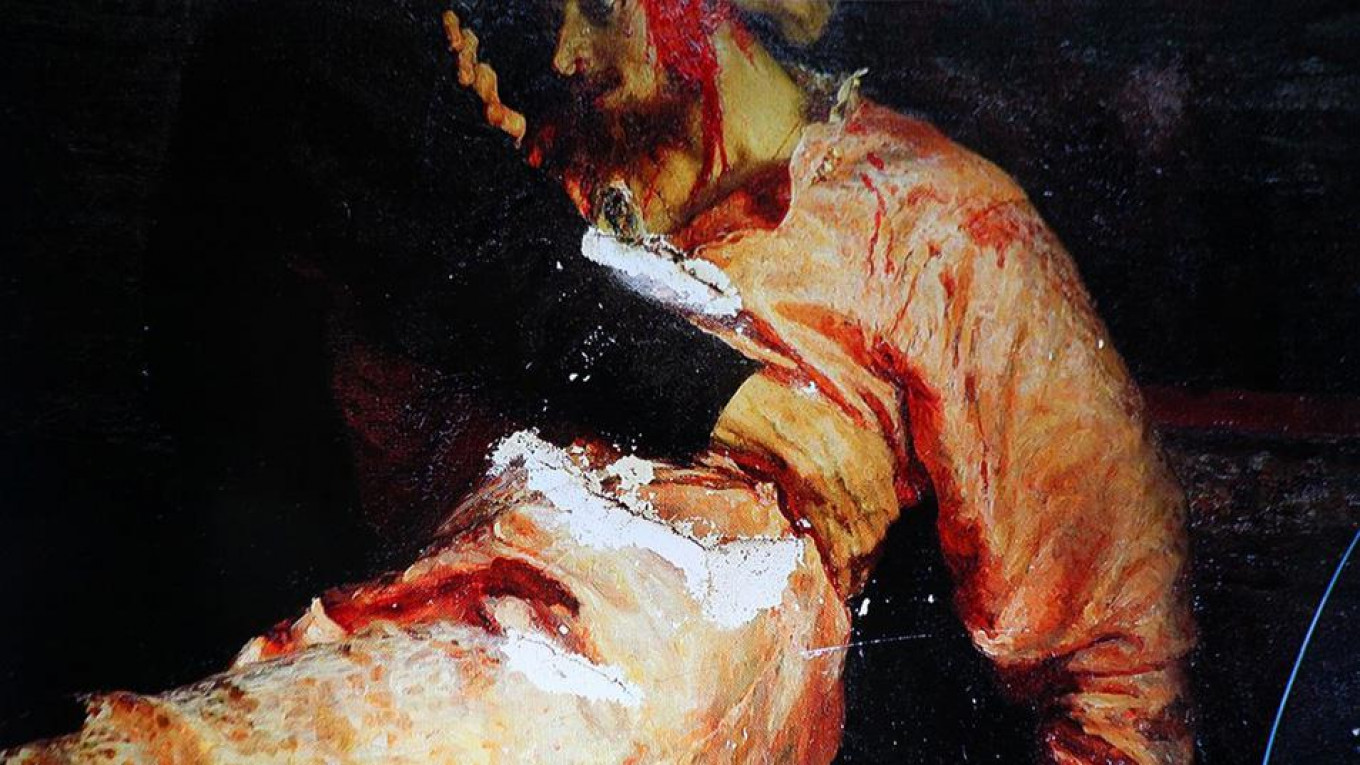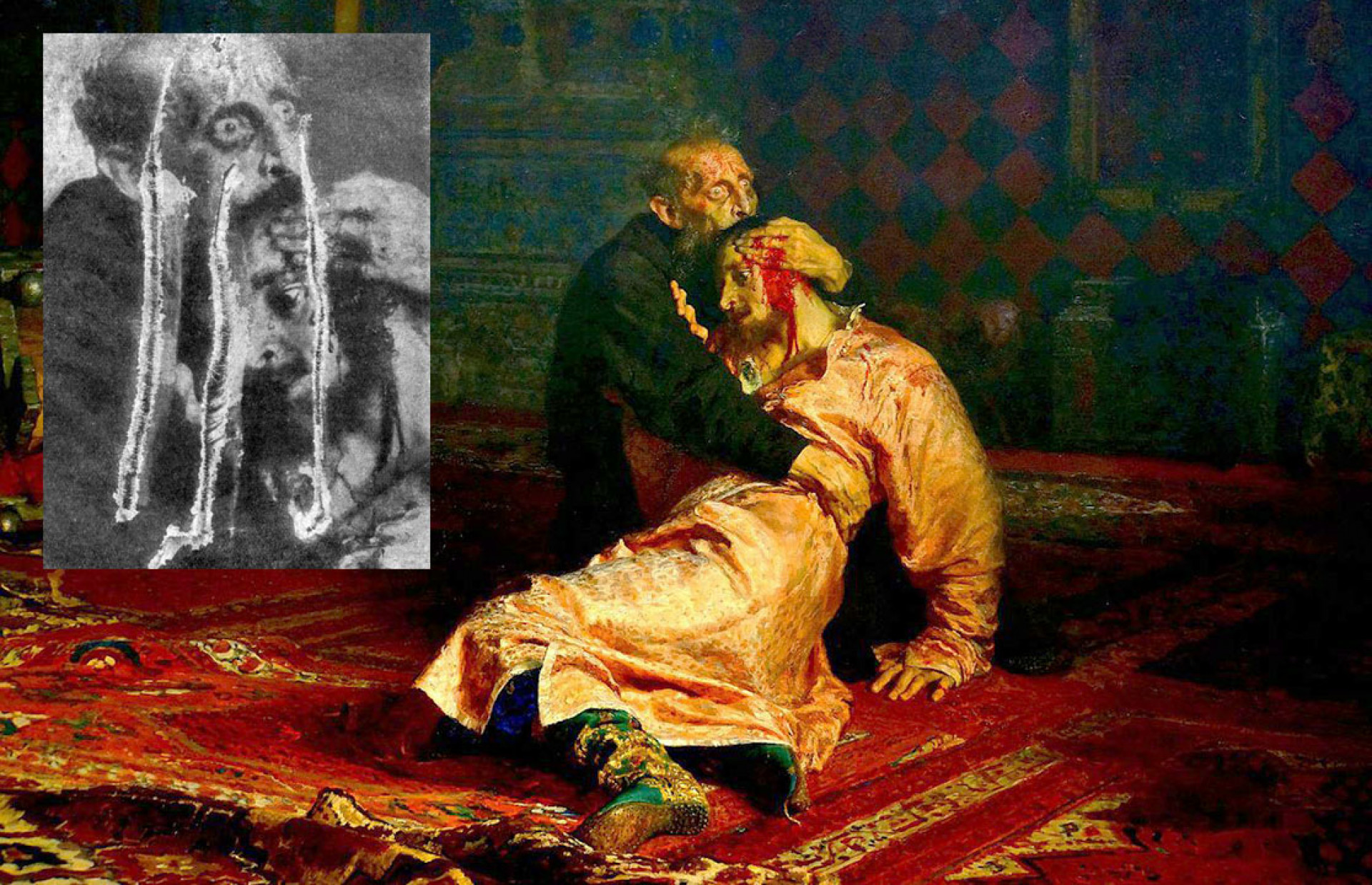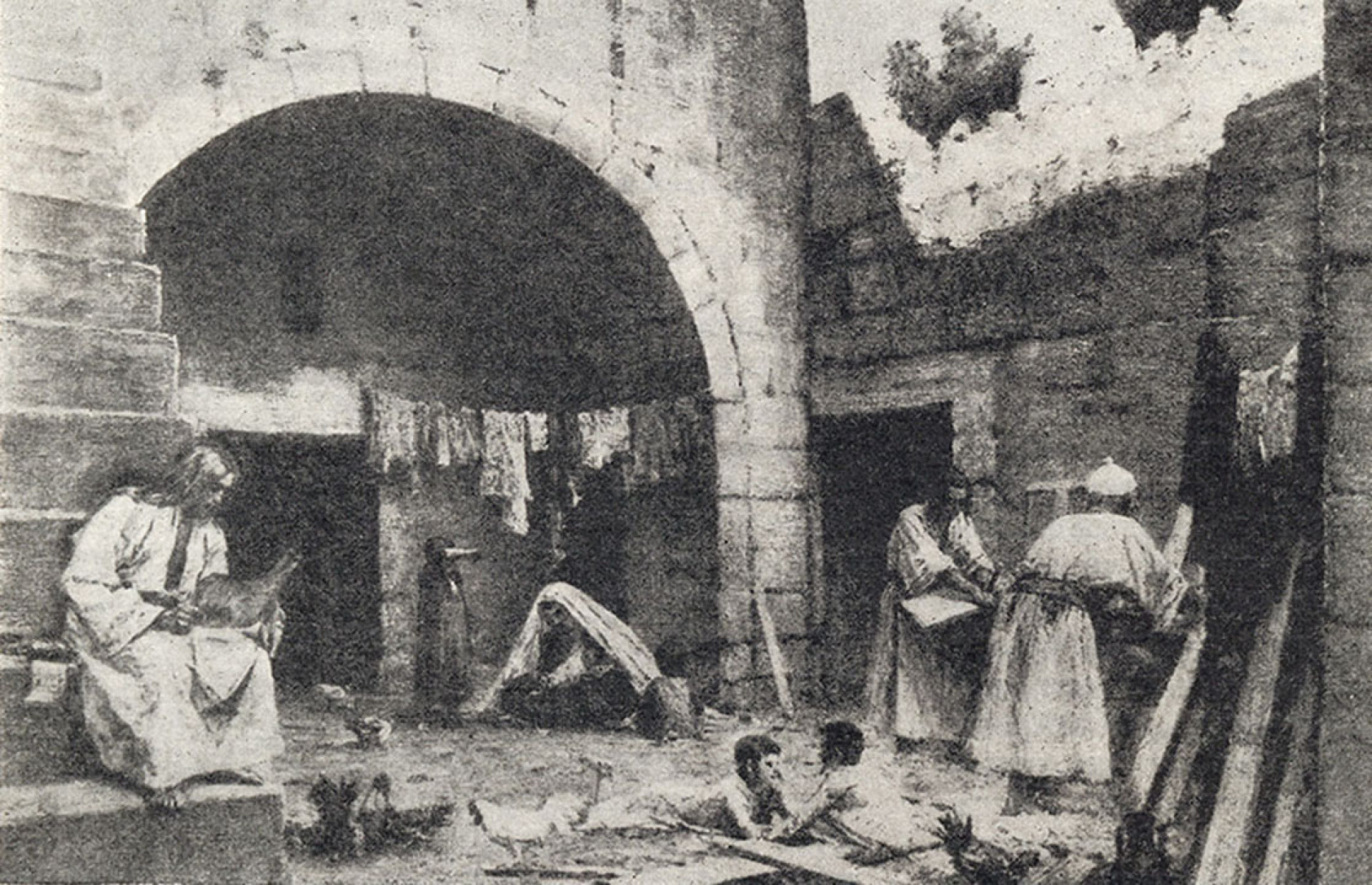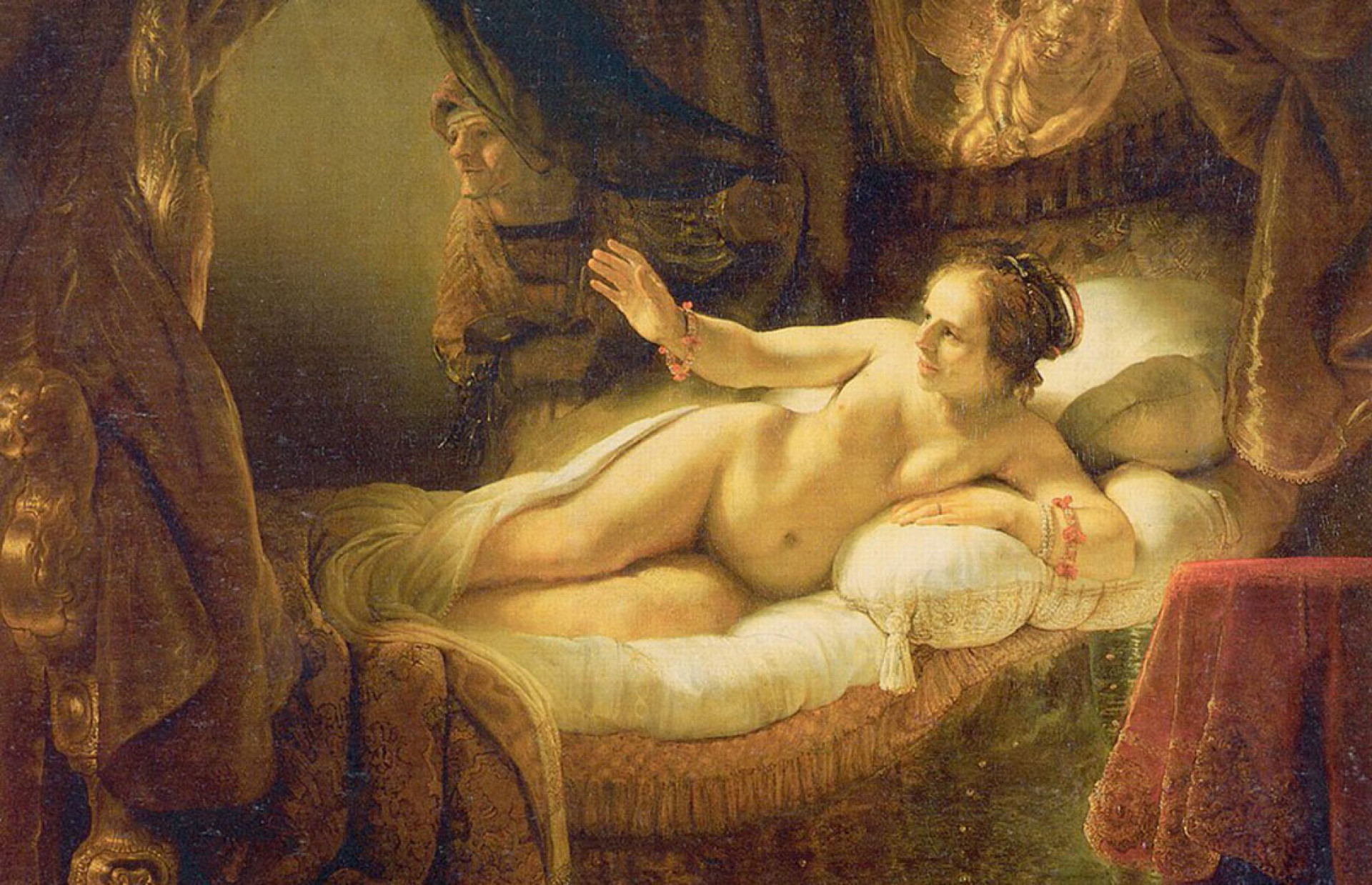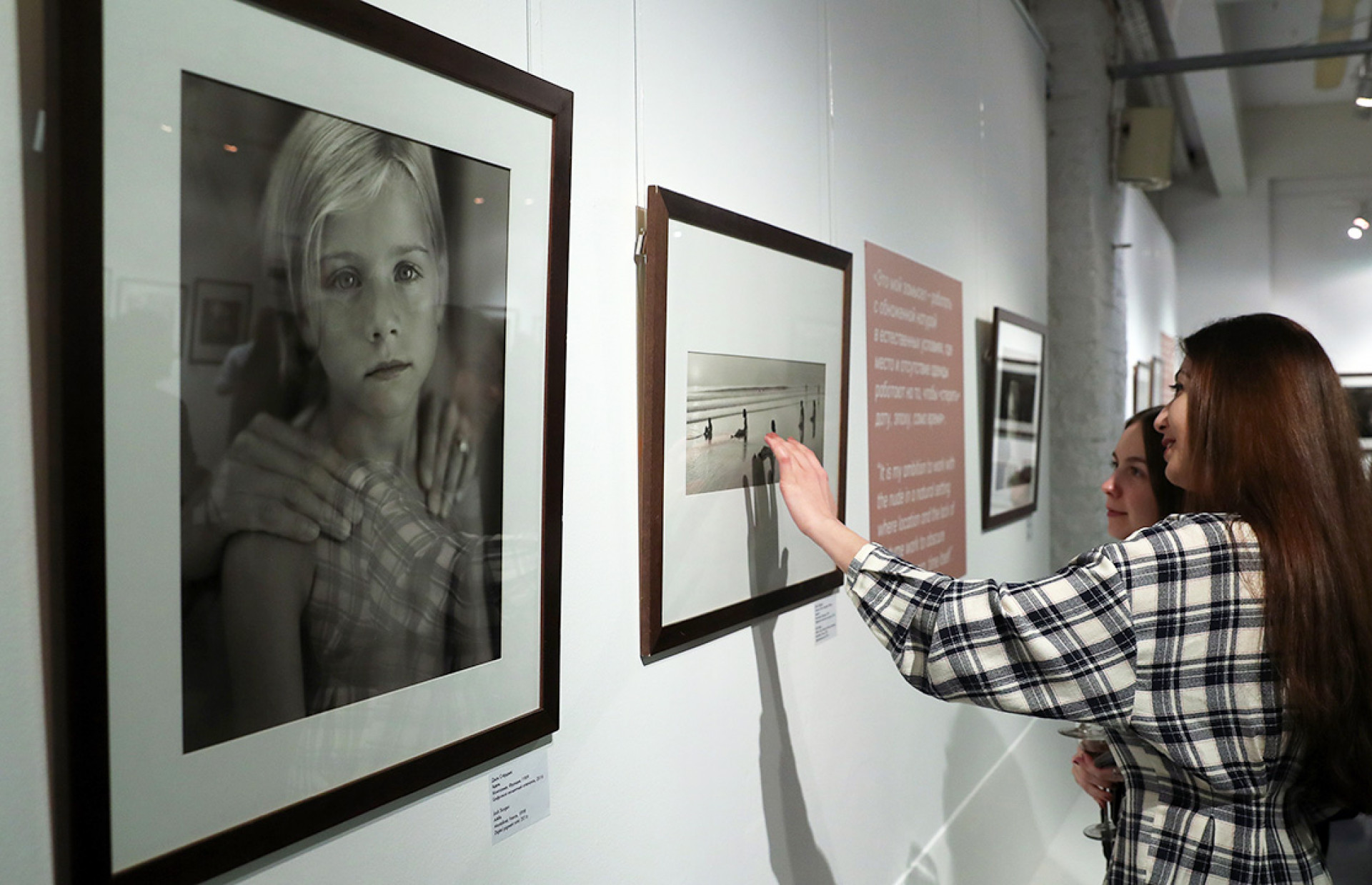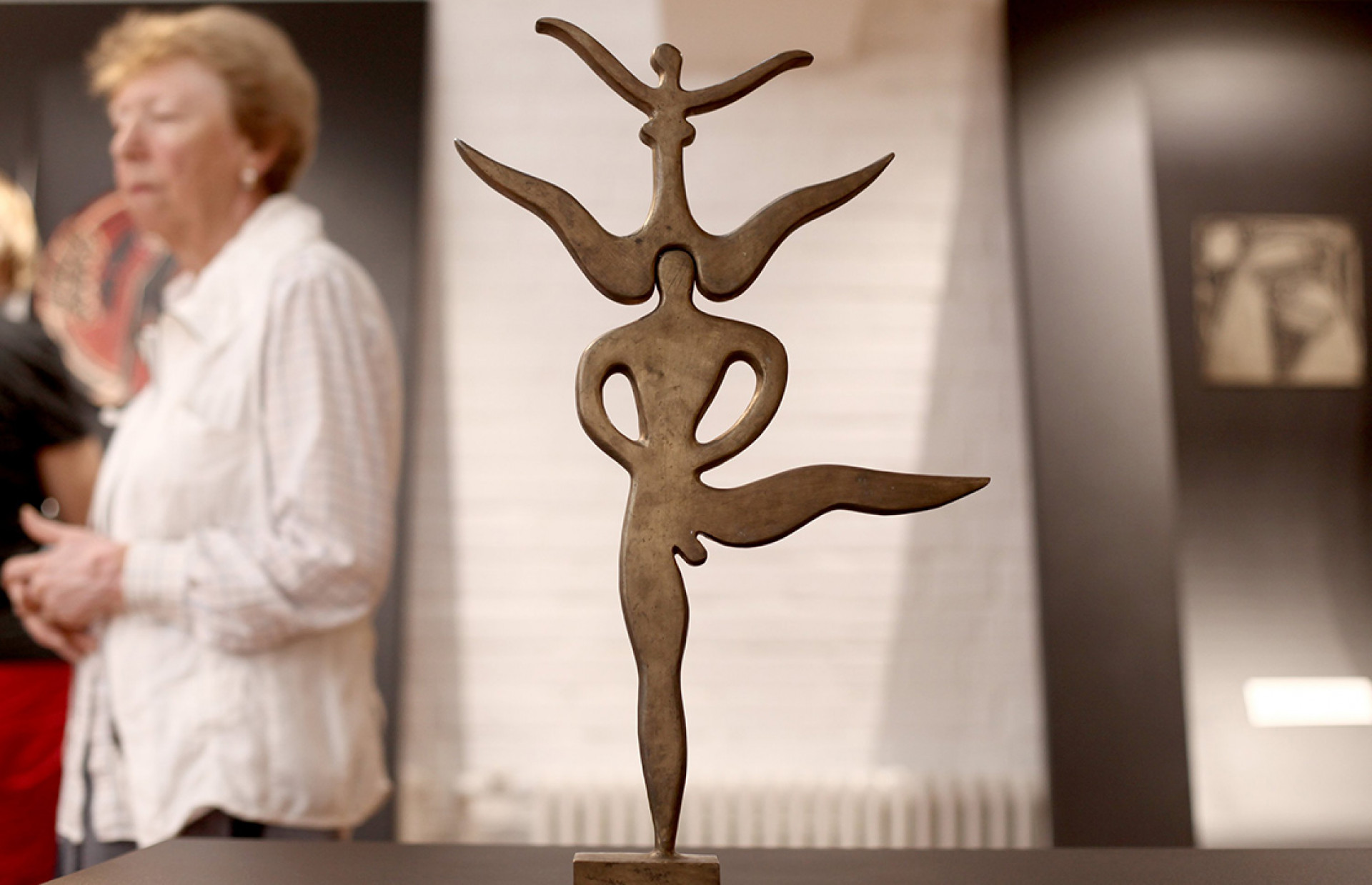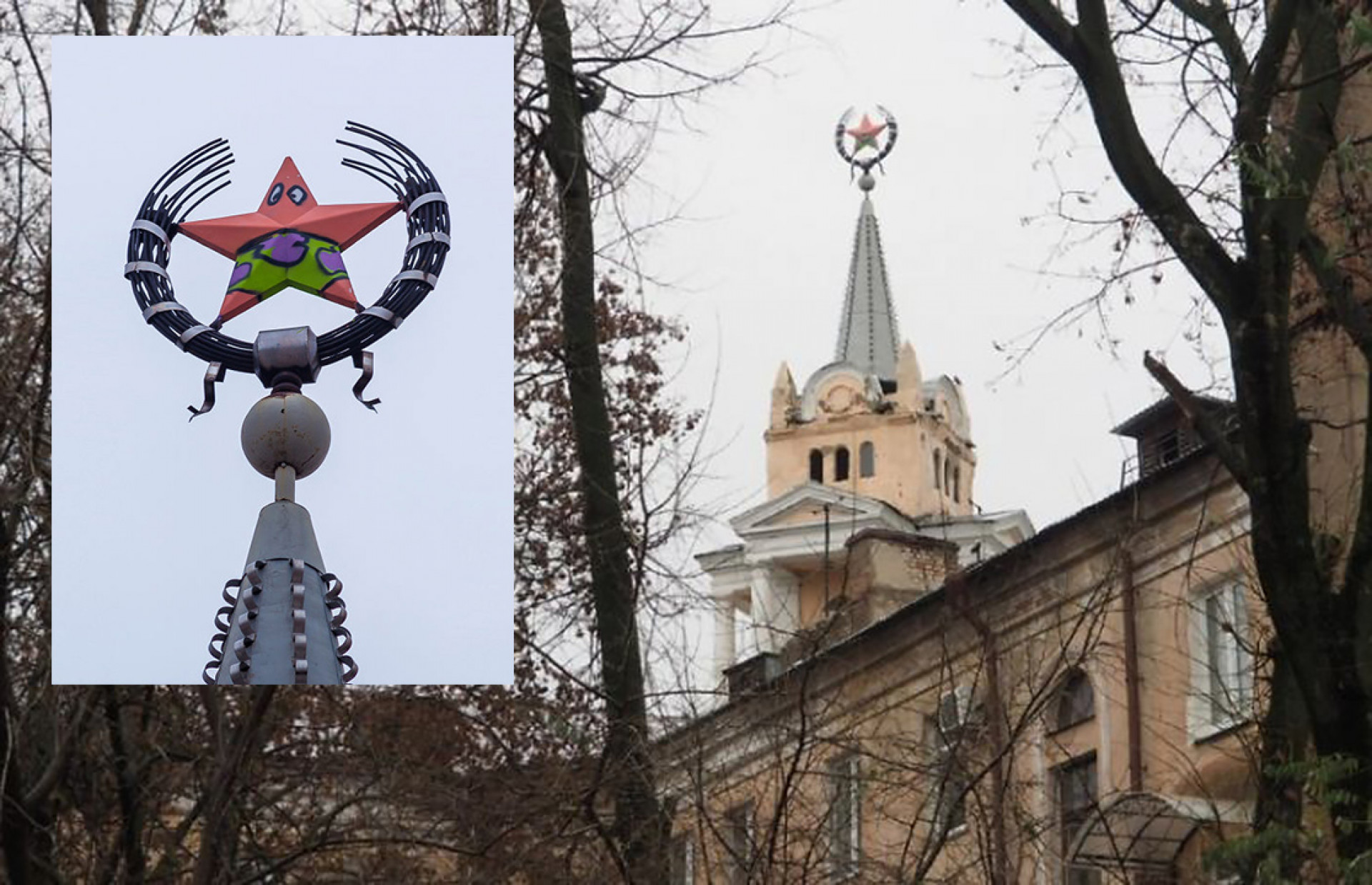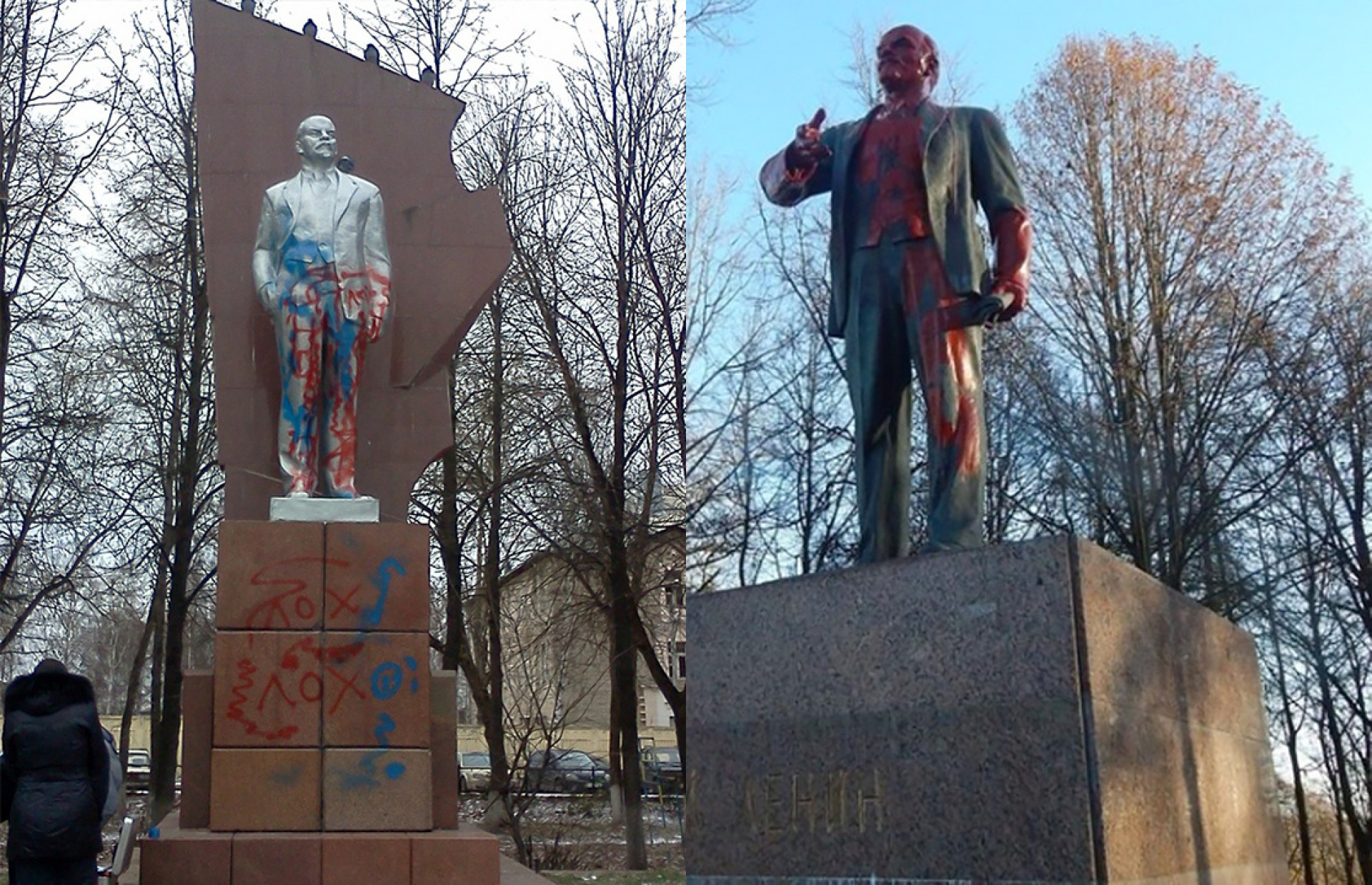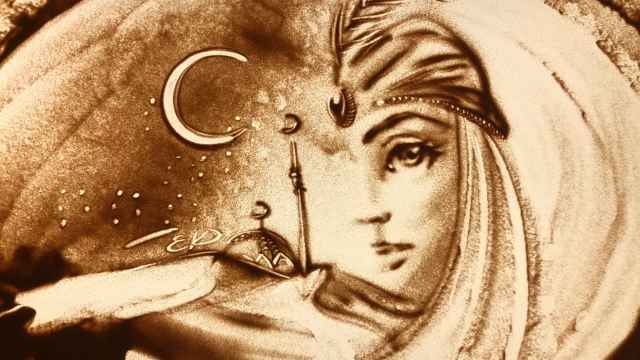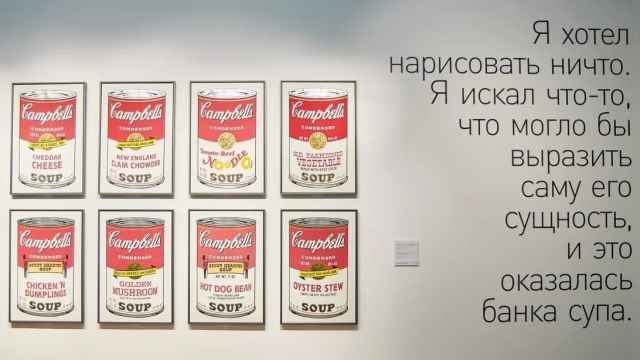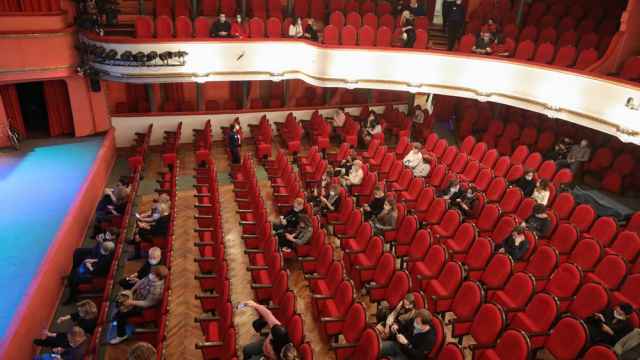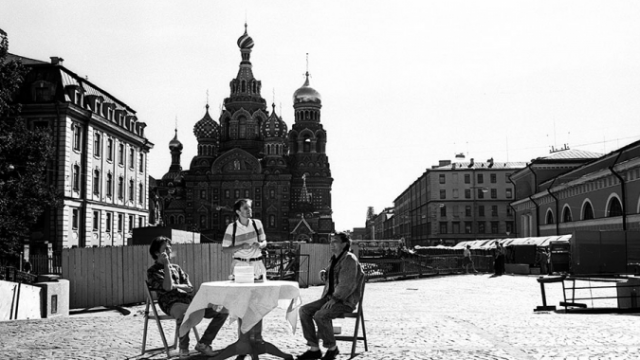The recent attack on Ilya Repin’s classic painting “Ivan the Terrible and His Son on November 16, 1581” by a vandal shows, in a grotesque but obvious way, where aggressive and politicized speculation about Russia’s history will lead.
Last Friday, Igor Podporin, on a visit to the Tretyakov Gallery, smashed the glass covering the picture with a steel stanchion. According to the gallery’s site, the frame suffered and the canvas was torn in three places.
Podporin told police that before the crime he had drunk some vodka in the gallery’s cafeteria. He damaged the painting, he said, “because it distorted historical facts,” the state-run TASS news agency reported.
Podporin was charged under Article 243 of the Criminal Code for the “destruction or damage to objects of historical and cultural value.” Whether he or perhaps even Tretyakov staff members will be found guilty — some sources say the glass over the painting was not protected with special anti-vandal film — has yet to be determined.
Attacks on works of art happen regularly. To prevent them all is impossible, and to cover every painting or sculpture with shatter-resistant glass is very costly.
But the vandal’s remarks about the painting’s “historical distortions” puts some of the moral responsibility for what happened with the country's elite, who have used their positions to promote “an alternative version of history,” to reflect the current political mood.
Ivan the Terrible was once a role model to Josef Stalin, who rehabilitated the “great and wise ruler." And the historical figure is once again in demand.
According to Culture Minister Vladimir Medinsky, authors in the West have exaggerated the cruelty of Ivan IV in the course of a “hybrid war.” The tsar could hardly have murdered his son, since by 1581 he was old and feeble, the story goes. He was actually 51.
In July 2016, former Orlov governor Vadim Potomsky, one of the proponents of the installation of a new statue of Ivan the Terrible, said that the tsar’s son had not been murdered at all. Rather, he said, the son died of natural causes on his way to St. Petersburg, a city which was not founded until more than a century after the death.
These demonstrations of what look like either ignorance or speculation are part of a widespread effort to discredit history and historians who dare to contradict politicized interpretations of the past.
Meanwhile, the impunity with which other vandals have attacked exhibitions and film festivals suggests that politically astute hooligans may do as they like: if someone is allowed to douse an “incorrect” photograph with urine, others “may do the same” with the work of a classic.
Pavel Aptekar is a columnist at the Vedomosti business daily, where a version of this article was originally published. The views expressed in opinion pieces do not necessarily reflect the position of The Moscow Times.

A Message from The Moscow Times:
Dear readers,
We are facing unprecedented challenges. Russia's Prosecutor General's Office has designated The Moscow Times as an "undesirable" organization, criminalizing our work and putting our staff at risk of prosecution. This follows our earlier unjust labeling as a "foreign agent."
These actions are direct attempts to silence independent journalism in Russia. The authorities claim our work "discredits the decisions of the Russian leadership." We see things differently: we strive to provide accurate, unbiased reporting on Russia.
We, the journalists of The Moscow Times, refuse to be silenced. But to continue our work, we need your help.
Your support, no matter how small, makes a world of difference. If you can, please support us monthly starting from just $2. It's quick to set up, and every contribution makes a significant impact.
By supporting The Moscow Times, you're defending open, independent journalism in the face of repression. Thank you for standing with us.
Remind me later.



